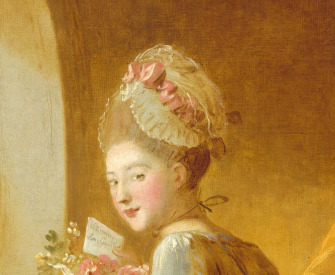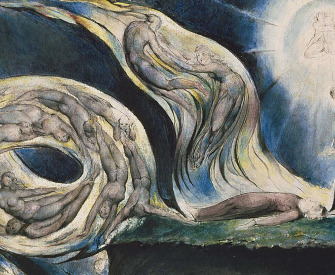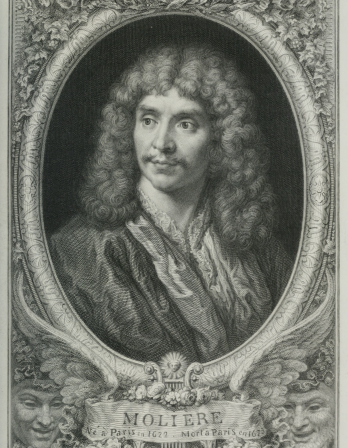Our express pleasure is that the laws of our kingdom and canons of the church be as well observed in Lancashire county as in all places of this our kingdom; and on the other part, that no lawful recreation shall be barred to our good people which shall not tend to the breach of our aforesaid laws and canons of our church.
Our pleasure is that after the end of divine service, our good people be not disturbed, letted, or discouraged from any lawful recreation, such as dancing—either men or women—archery for men, leaping, vaulting, or any other such harmless recreation; nor from having of May games, Whitsun ales, and morris dances; and the setting of maypoles and other sports therewith used, so as the same be had in due and convenient time, without impediment or neglect of divine service. And that women shall have leave to carry rushes to the church for the decorating of it, according to their old custom. But withal we do here account still as prohibited all unlawful games to be used upon Sundays only, as bear- and bullbaitings, interludes, and at all times in the meaner sort of people, by law prohibited, bowling.
And likewise we bar from this benefit and liberty all such known recusants, either men or women, as will abstain from coming to church or divine service, being therefore unworthy of lawful recreation after the said service, that will not first come to the church and serve God; prohibiting in like sort the said recreation to any that, though conformed in religion, are not present in the church at the service of God before their going to the said recreations.
From “The Declaration of Sports.” Having ascended the throne of Scotland in 1567, James became the first Stuart king of England in 1603. In 1604 he published one of the earliest texts to condemn tobacco, blaming the “Indians” for introducing it to Europe and complaining of its harmful effects to the lungs. That same year he commissioned forty-seven scholars to produce a new translation of the Bible.
Back to Issue





